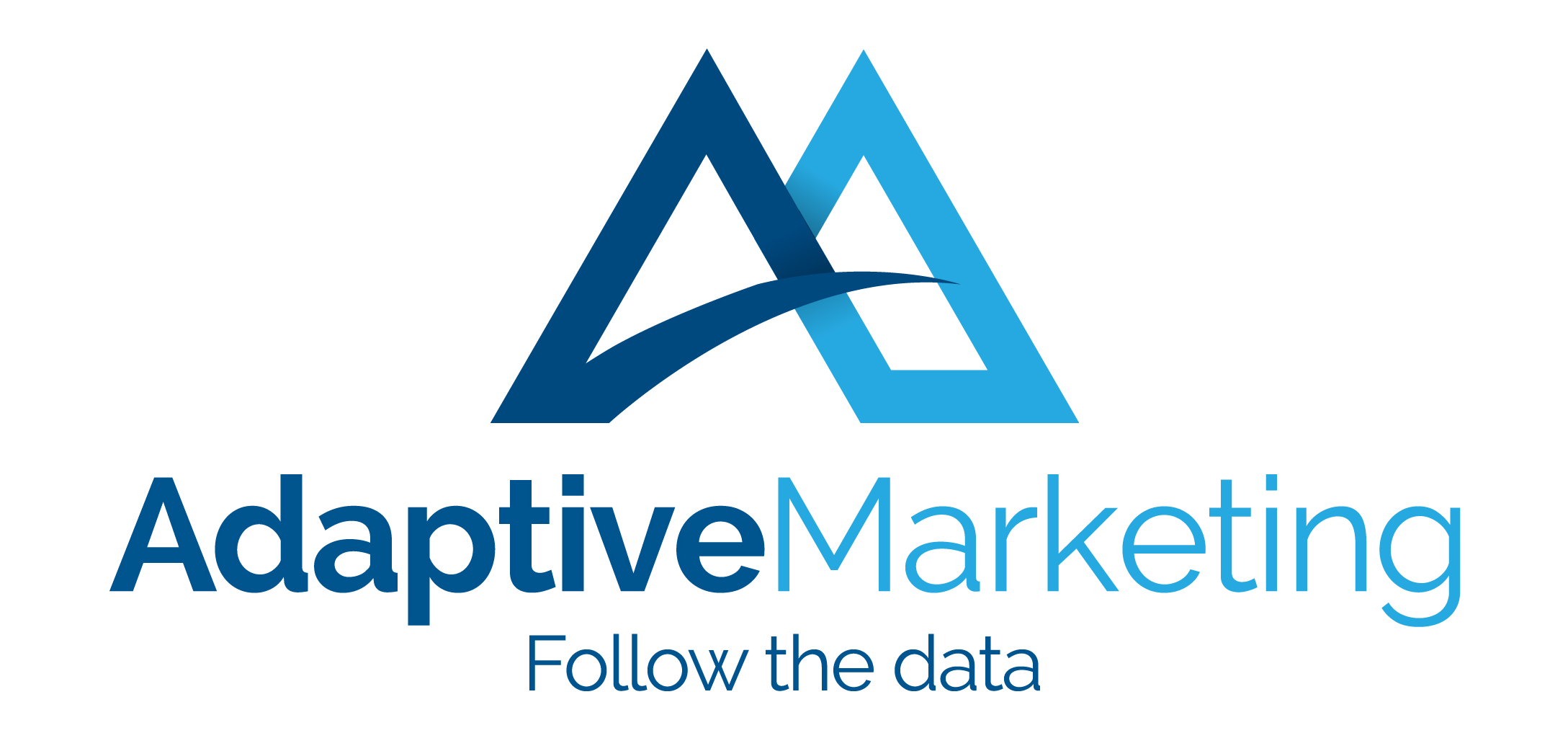The Nobel disease: How some of the world’s greatest minds fall prey to pseudoscience
How data and experimentation can help you avoid the pitfalls of dogma and ideology in your profession
Suppose you encountered someone who asserted that HIV does not cause AIDS, that climate change is a fabrication, that astrology is a legitimate science, that ghosts and aliens are real, communicated with an extraterrestrial being through his mind; witnessed a UFO over his house; that he met his dead grandfather’s spirit and that LSD can facilitate communication with nature.
How would you regard this person? Would you scorn them as a crackpot, a conspiracy monger, or a drug fiend? Would you engage them in a debate, or courteously nod and walk away?
Now suppose that this person is also one of the most brilliant and influential scientists of the 20th century. That he devised a technique that enabled the facile and inexpensive analysis of DNA, opening up new vistas for medical diagnostics, genetic engineering, and forensic investigation. That he received the Nobel Prize in Chemistry for his discovery, and was acclaimed as a genius and a visionary by his peers and the public.
This person was Kary Mullis, an American biochemist who passed away in 2019 at the age of 74. In this article, we will explore how Mullis transformed from being a respected and celebrated scientist to a controversial and eccentric figure who espoused strange or scientifically unsound ideas later in life.
One of the most puzzling aspects of Mullis’s story is how he developed and defended his unconventional views, despite his scientific training and achievements. Some have suggested that he suffered from the Nobel disease, a phenomenon where some Nobel Prize winners embrace strange or scientifically unsound ideas later in life. This effect may result from a combination of factors, such as feeling empowered by the award to speak on topics outside their expertise, having an inflated ego that resists criticism, or experiencing cognitive decline that impairs their judgment.
Kary Mullis was a remarkable scientist who made a lasting contribution to the field of molecular biology and beyond. He was also a controversial and eccentric figure who held and expressed views that contradicted the scientific consensus and evidence. His story raises important questions about the nature and limits of scientific authority, the role and responsibility of public intellectuals, and the challenges and pitfalls of critical thinking.
As marketers who rely on experimentation and data, we should always strive for intellectual humility and curiosity in our work. We should not assume that we know everything or that we are always right. We should seek feedback and criticism from others, and we should be willing to change our minds when new information or evidence emerges. We should not cling to dogma or ideology, but rather to the principles and methods of science. We should respect the expertise and opinions of others, but we should also verify them with our own research and analysis. We believe that this approach helps us to be more effective and ethical in our profession, and more open-minded and rational in our life.

